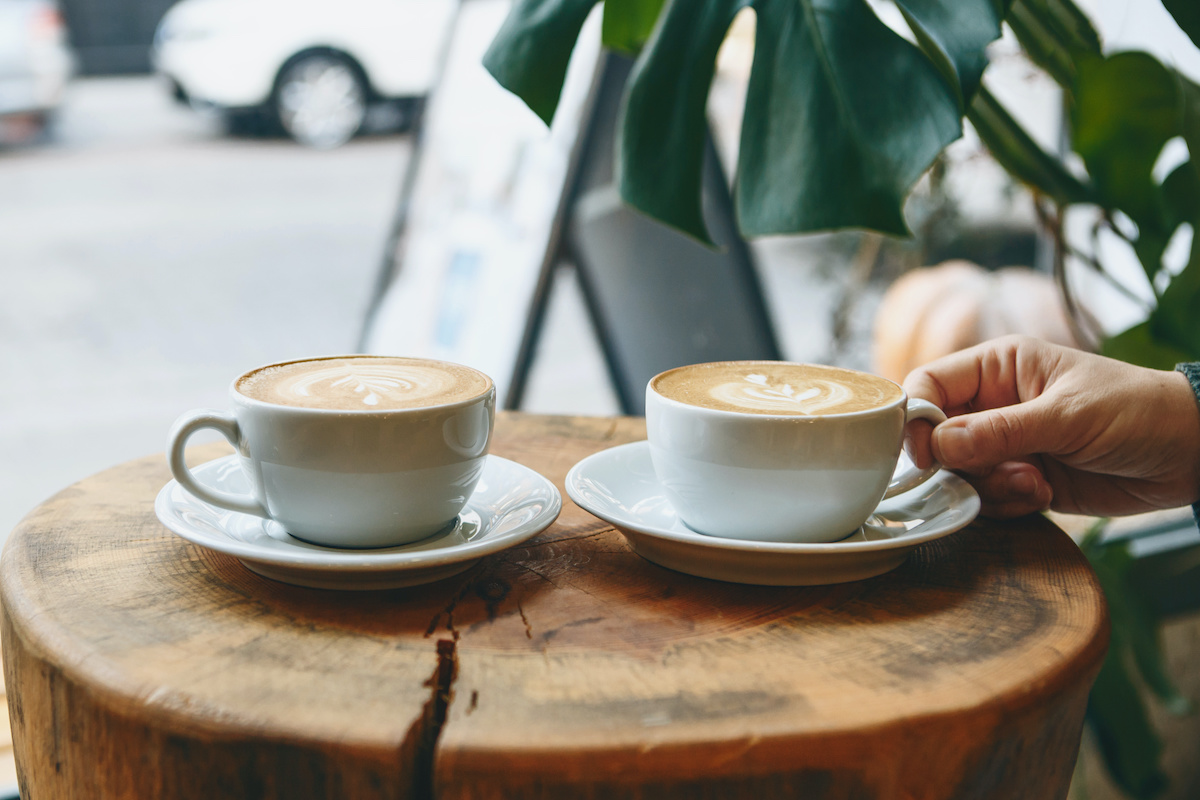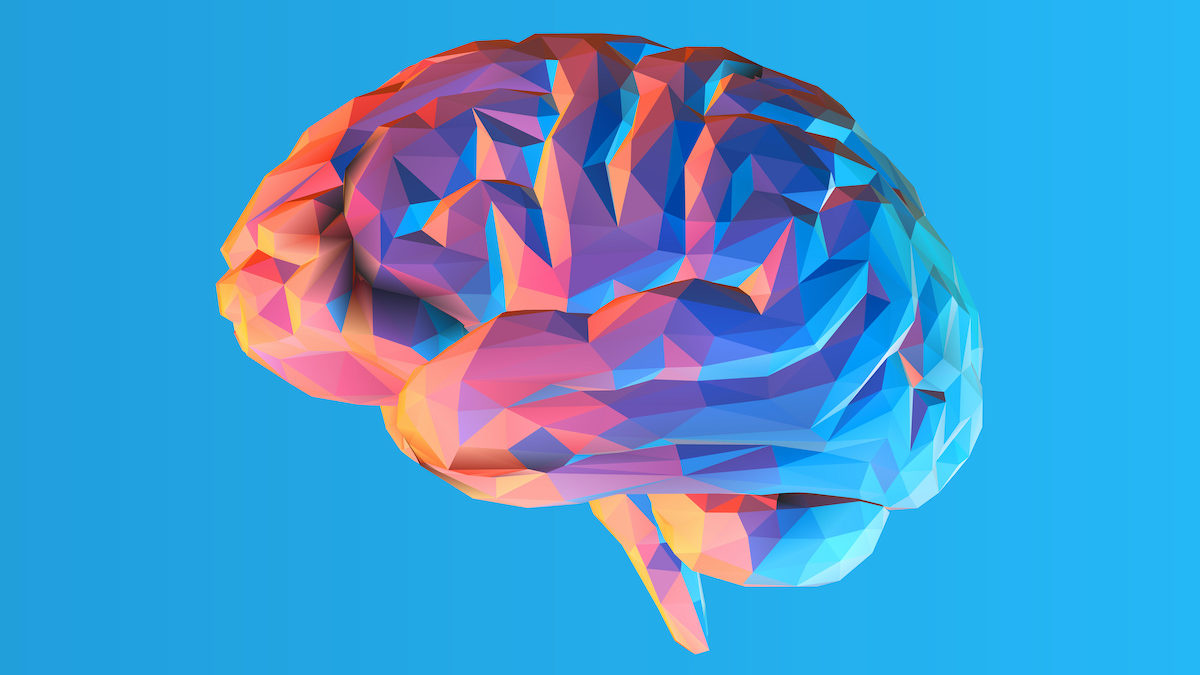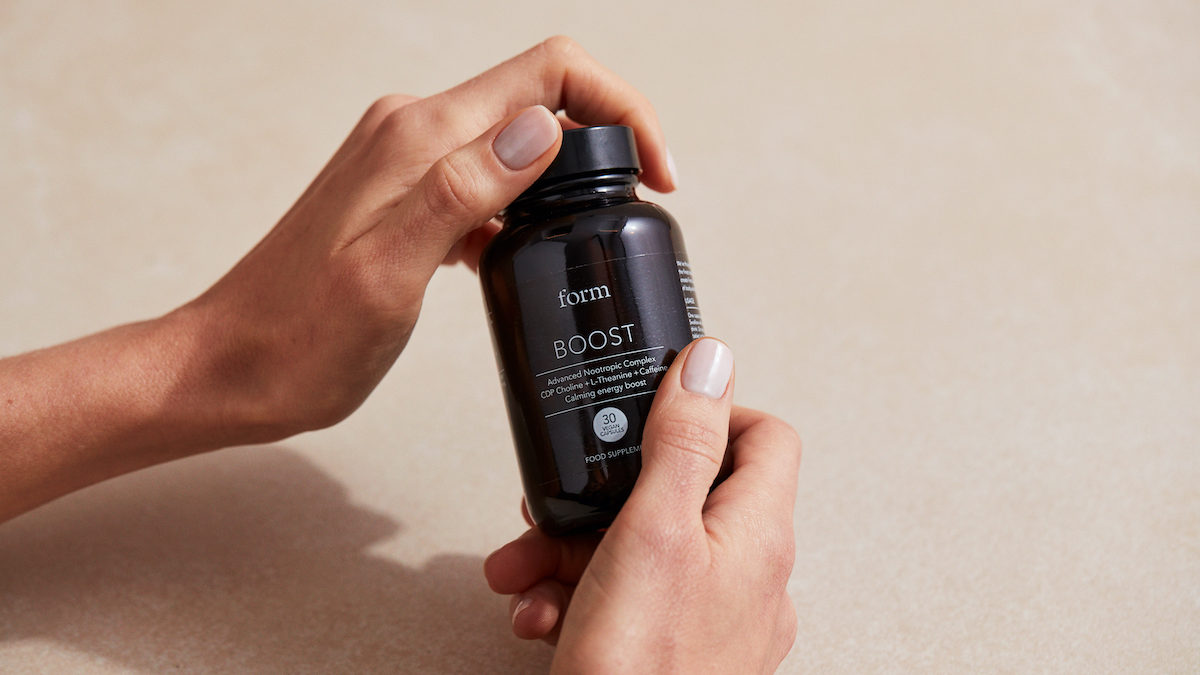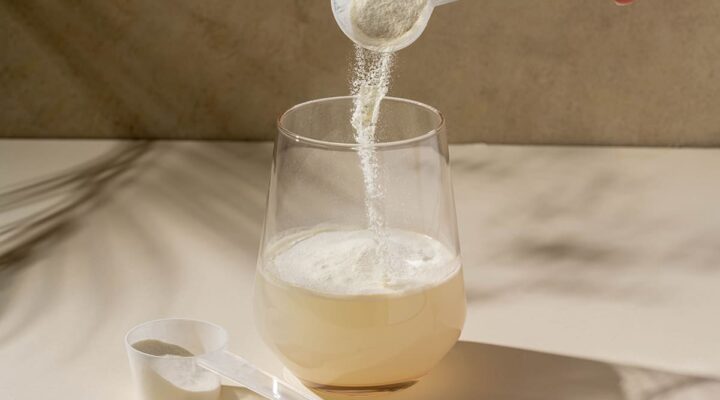Here’s What Really Happens to Your Body When You Give Up Caffeine

If you drink coffee regularly, you’re consuming one of the 98 million cups of coffee that’s ingested by the people of Britain every day. It’s a staggering amount of caffeine being mainlined into our collective biology; but what would happen if you gave it up? For many, it can be tempting to give it a try.
Groggy mornings, mid-afternoon slumps and sub-par workouts would all be very real side-effects of going nil-by-mouth on the popular pick-me-up but, if real-world case studies and research-backed science is to be believed, you could be doing yourself (and your wallet) a substantial favour.
Below, with the help of all that aforementioned science, Form is ready to lift the lid on a caffeine-free lifestyle and finally provide an answer as to whether or not you should be waking up and smelling the coffee day-in, day-out. Here’s the long and short of it.
Mind Games
Let’s start with your mind — after all, it’s what’s been dragging you to the coffee shop all these years. Studies have proven that memory, focus, attention, learning and other cognitive functions can all benefit from quitting caffeine and, more officially, this study was one of the first to recognise how caffeine ingestion, perhaps obviously, made people “faster, but not smarter.” The study also notes that “its effects on sleepiness means that frequent consumption fails to enhance mental alertness and mental performance”.
Similarly, your mind can benefit: improved mental health and an alleviation of anxiety symptoms are two side-effects that many report after ditching caffeine. That initial, slightly stressful hit of energy (some align it with the adrenaline-fuelled “fight or flight” feeling) after a cup of coffee is responsible for feelings of anxiety, jitters, nervousness, heart palpitations and, for some, small feelings of panic.

Caffeine And Your Skin
Next, your skin could feel the benefits too. While it’s not strictly true that caffeine dehydrates you — it’s a diuretic, yes, but doesn’t appear to increase the risk of dehydration — it has been found to decrease the rate at which your body produces collagen: a major component of your skin that’s also connected to muscle mass and joint health.
Experts at The Royal College of Psychiatrists agree, however, that while caffeine can make the correlation between sleep deprivation and anxiety worse, it’s best to opt for a “gradual reduction in intake or gradual substitution with caffeine-free alternatives”. This, they suggest, would be “preferable to abrupt cessation” of your caffeine habit.
Going Cold Turkey…
So, what does this look like in a real-life, day-to-day scenario? Wanting to take a deeper dive into the effects of caffeine withdrawal, Michael Pollan, author of ‘This Is Your Mind on Plants’, recently shared how he gave up on coffee for three months and made some interesting discoveries. “I was functional after a month,” he recalled on The Joe Rogan Experience podcast. “The first week I was not functional at all. I felt like I had contracted ADD. I could not stay on track. The periphery kept intruding on my thinking. I couldn’t write… I couldn’t concentrate.
“I felt like there was this veil between me and reality that I was not quite seeing, getting, feeling. It was weird, I didn’t feel myself the whole time,” he continued. “And I thought, what does that mean? It means yourself is caffeinated. And that’s baseline consciousness for me and many people. [But] that’s not a bad thing.”
So powerful was Pollan’s re-introduction to caffeine, he likened it to “one of the most powerful drug experiences I’ve ever had in my life,” he says. “It was psychedelic. It was incredible. I just felt these waves of wellbeing, then it turned into euphoria.”
Perhaps, then, it’s about learning to manage your caffeine intake rather than ingesting an excessive amount. Considering that it only takes 100mg of caffeine each day — that’s two and a half cups of tea, unfortunately — for your body to become reliant on caffeine, try to eliminate your servings of caffeine over going completely cold turkey. According to the University of Georgia, just 10 minutes of incline walking or stair walking was found to provide a very similar energy hit as a strong espresso.
Nootropic Alternatives
Likewise, nootropics could offer an interesting alternative to a high-octane caffeine hit straight from your favourite barista. Boost is a plant-based capsule that contains both caffeine and L-theanine, a combination that multiple studies have shown can significantly improve attention and alertness.
Boost also packs a dose of CDP-Choline, a naturally-occurring chemical compound that provides an abundant supply of neurotransmitter precursor that’s shown signs of improving attention, mental function and can intensify your focus. At £0.63p per serving, it’s about a quarter of the price of a coffee, too.

To conclude, your reaction to caffeine could just come down to your genes, rather than how frequently you use your loyalty card at your local coffee shop. “There are at least six genes related to how your body processes caffeine,” explains Dr. Karan Raj in a recent viral TikTok video. Dr. Raj goes on to reveal how BDNF and SLC6A4 directly influence how you process caffeine, with the CYP1A2 being directly responsible for how we metabolise caffeine and break it down during digestion.
Those with the variant CYP1A2*1A, the Journal of the American Medical Association explains, are “rapid” caffeine metabolisers. Interestingly, “those who break caffeine down more quickly are more likely to drink more [coffee] because the effects wear off faster,” Dr. Raj continues.
“This may also explain why some people can drink coffee late in the day and still get a good night’s sleep.” Perhaps it’s time to redress your go-to pick-me-up.


















